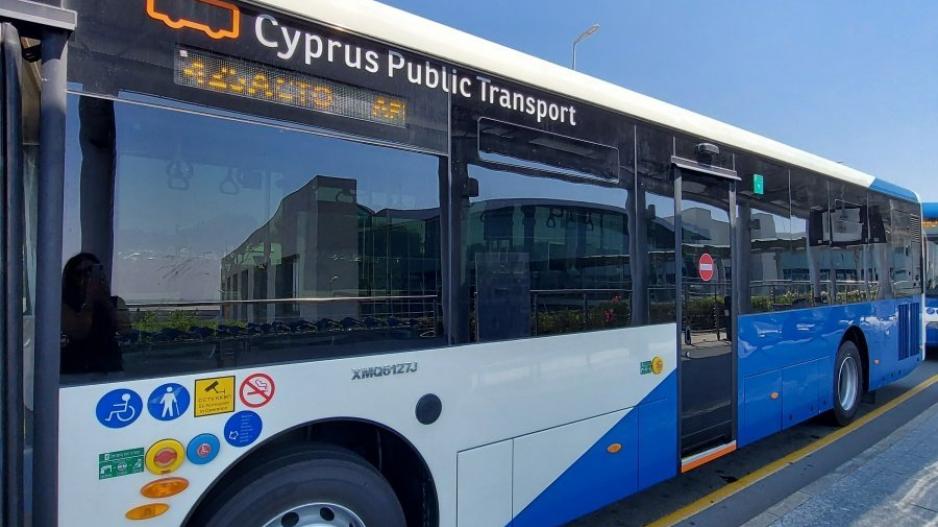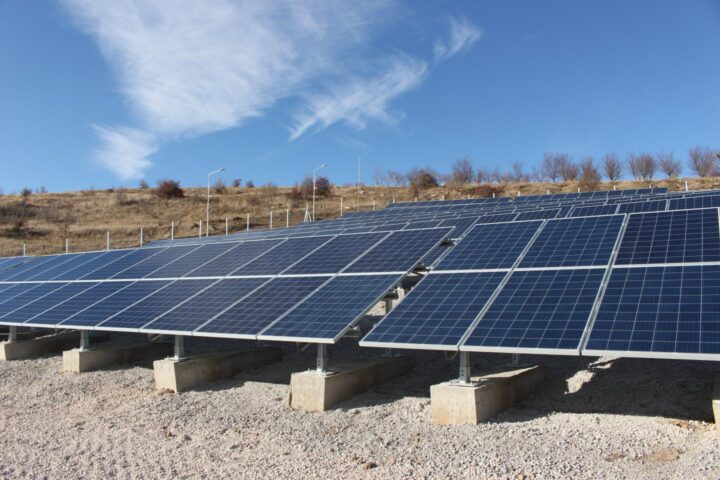Despite recording the third biggest increase in the share of renewable energy in transport, Cyprus is ranked sixth from the bottom among EU member states, missing its 2020 target.
Environmentalists say last-minute juggling was not enough to push Cyprus past its goal to meet the 10% target level for 2020 for the share of renewable energy (including liquid biofuels, biomethane and ‘green’ electricity) used in transport.
According to Eurostat, Cyprus was below the target with 7.4%, though this was significantly above the 3.3% in 2019.
In comments to the Financial Mirror, Marine Biologist and representative of the Friends of the Earth Cyprus, Natasa Ioannou, said Cyprus’ failure is more proof that authorities have green transformation policies at the lower end of their priority list.
“Although Cyprus was not the only country to miss its 2020 target of increasing the ratio of RES to its energy mix by 10%, Cyprus was the only country to take action so late,” Ioannou said.
The EU met the 10% target, as the average share of energy from renewables in transport increased from 1.6% in 2004 to 10.2% in 2020, standing 0.2 percentage points (pp) above the target level.
Sweden led with 31.9%, followed by Finland 13.4%, the Netherlands and Luxembourg, both with 12.6%.
Some 14 countries failed to make the cut.
Ioannou argued that Cyprus should not feel at ease with its performance even though just 12 other EU states surpassed the target.
“This government knew from the day they took office in 2013 that, as of January 2020, Cyprus would be obliged to cover 10% of its energy needs for transport from RES.”
Authorities thought they could save the day by increasing the number of biofuels used in transportation, mainly private vehicles.
“That’s all they have done so far. Increase the use of biodiesel in the fuel mix twice, but this was not enough to reach the target.
“Cyprus will now have to move on to its 2030 goal to reach 14% in transport and 23% in the overall energy production. So, what will they do?”
The EU’s 2020 goal of reaching 10% of RES in transport, and increasing it to 14% within the decade, is part of the bloc’s strategy to cut CO2 emissions in half by 2035.
Pollution
With Cyprus so far from its target, the government will be forced to cover the shortfall by buying rights to pollute from other countries that have conformed to the directives.
The government is expected to pay €40 mln for ‘the right to pollute’.
“The 2020 target for RES participation for heating and cooling was 12%, with Cyprus ticking off the target reaching 14%.
“They did that because they included solar water heaters, which every home has had for the past three to four decades,” said Ioannou.
Ioannou argued the Anastasiades administration is fixated on fossil fuels, such as the natural gas reserves in Cyprus’ EEZ, rather than looking for viable green solutions.
She said the state should build a green public transport system, introducing smart technology like Malta.
“We should be looking at how we will be producing greener energy rather than focussing on natural gas projects.
“I would much rather see the government subsidising people to install photovoltaic systems on the rooftops of their houses and helping to upgrade their homes’ energy efficiency”.
Finance Minister Constantinos Petrides recently revealed the government has plans to introduce a form of “green tax” on liquid fuels, which is interpreted as a bid to cover “penalties” for Cyprus not doing its environmental duty.










